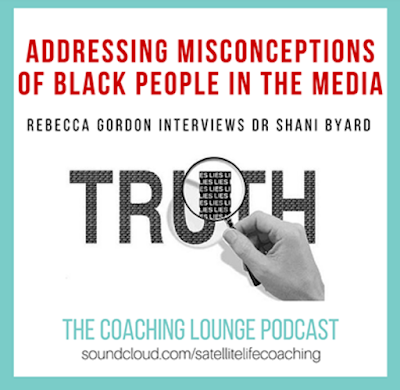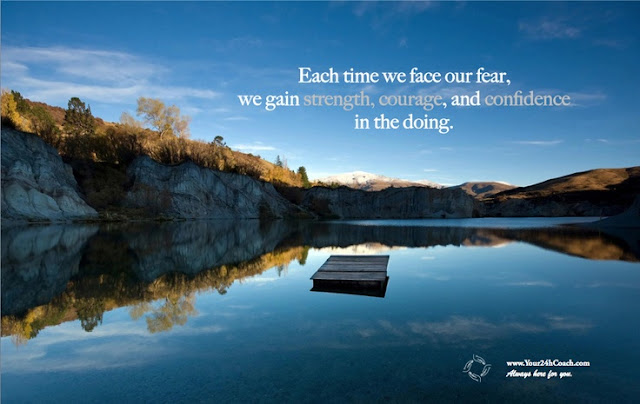Addressing Misconceptions of Black People in the Media
≈
Whilst going about our daily business, we are constantly bombarded with advertisements that compete for our attention. The hidden messages that relentlessly invade our mindspace conjur up thoughts of: ‘you’re not good enough,’ ‘you don’t have enough’, or ‘you must have this particular thing in your life to be a better person.’
During my first visit to Ghana in 2005, I remember travelling through the bustling, vibrant city of the capital, Accra. I was in awe of the massive billboards that towered over the highways. Although the messages I received from these advertisements were much the same as those I see here in the UK – there was one stark difference. The images projected on the immense displays depicted people who look like me.
As a black woman born and grown in the UK, I would like to know that I am accurately and positively represented in the media. Despite the distance we have travelled, it is sad to know that the thousands of people who identify as Black here in the UK, are still disproportionately represented on TV and the radio. When we are given a presence, the subtle and not so subtle stereotypes that lead to misconceptions of black people are clear to see. Take the two Sandras from Gogglebox for example.
This has me thinking: Who represents me in the mainstream media? What messages do these representations portray about who I truly am and what I truly need or want in my life? What needs to happen to re-dress the misconceptions?
The concept of the Looking Glass Self by Charles Cooley, asserts that an individual’s self-concept is directly influenced by how they believe they are seen by others. Simply put, ‘your thoughts about yourself are influenced by the responses and evaluations of those in your environment.’
The subliminal messages that feed into the unconscious mind through the various media channels, are those that we will automatically draw upon. These are not always positive, therefore it will serve us well to be discerning in what we choose to filter and think about how we choose to challenge this.
My guest in the Coaching Lounge, Dr Shani Byard, is the Pioneer and Owner of Message Media Education and Professor of critical media literacy at UCLA. Dr Shani discusses the implications of misconceptions of black people in the media and how the Afro Media Literacy Framework she has devised addresses unconscious racism and stereotypes. LISTEN HERE.
Links:
www.messagemediaed.org
https://www.youtube.com/watch?v=eCt4Uvxxf8w
www.satellitelifecoaching.com
About Rebecca Gordon
The founder of Satellite Life Coaching & Training, Rebecca is qualified with a distinction in Personal Performance Coaching and has qualifications in management, NLP, teaching, training and mentoring.Get a free 30 minute Self-Actualization Coaching session and then sign up for either four or six coaching sessions.



Comments
Post a Comment